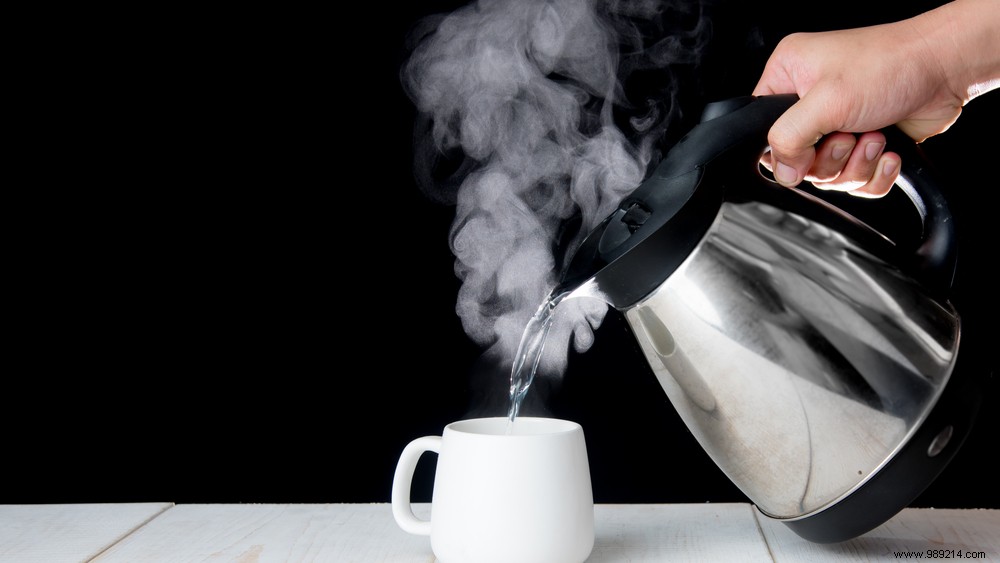
When the water is boiling, there is usually some water left over. Can you boil the rest of the water again or can it be poisonous?
Many people wonder:Can I boil water again? Online responses to this question vary widely. Health net figured it out.
Read also :'In which countries can you drink tap water?'
If the temperature of the water changes, the substances fluoride, arsenic and nitrate can collect in the water. When exposed to high temperatures, nitrates can cause cancer. You can also develop health problems with a high intake of arsenic. Are you taking too much fluoride? This increases the risk of neurological problems. Children could possibly experience cognitive delays. This all sounds scary, but below we explain whether your health is really at risk of being poisoned by these substances if you boil previously boiled water again.
Poisoning by nitrates is minimal. Nitrates are only harmful if they have to deal with high temperatures, but the water must already be polluted. In the Netherlands, the requirements for water are so high that pollution by nitrate is minimal.
Just like with nitrate, there is also a maximum amount allowed in the water with fluoride. In the Netherlands, one liter of water may contain a maximum of 1.1 milligrams of fluoride. American research shows that 2 to 10 grams of fluoride only becomes dangerous for health.
If you get an acute arsenic poisoning, you also need a large intake for this. Australian scientists found that a person weighing 75 kilograms should ingest about 0.45 grams of this substance. However, water contains only 50 to 100 micrograms of this substance. This is one millionth of a gram.
So when asked whether you can boil previously boiled water again:don't worry. It only becomes dangerous if you take 10,000 liters of re-boiled water. The chance of poisoning is therefore very small.